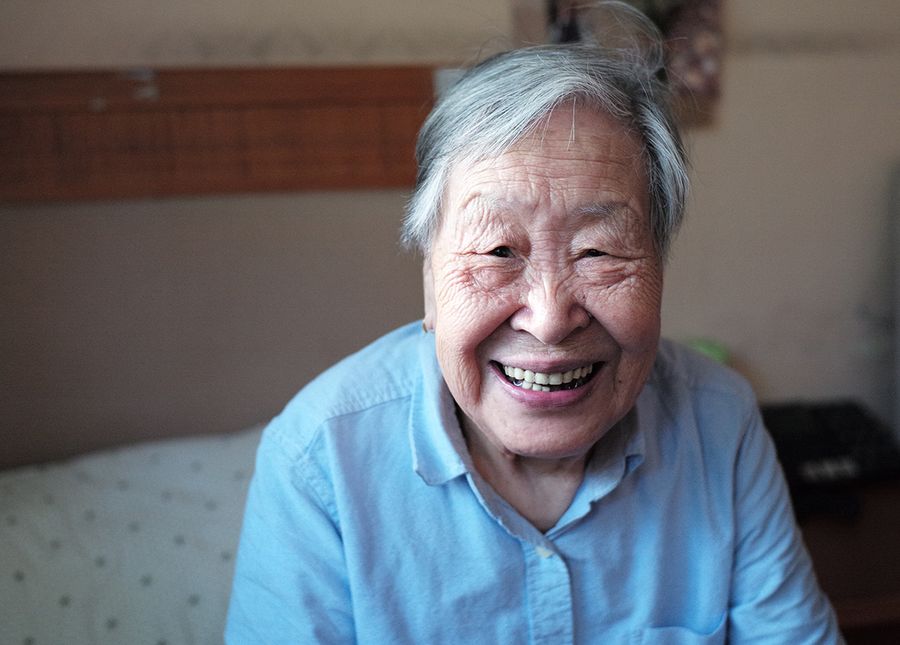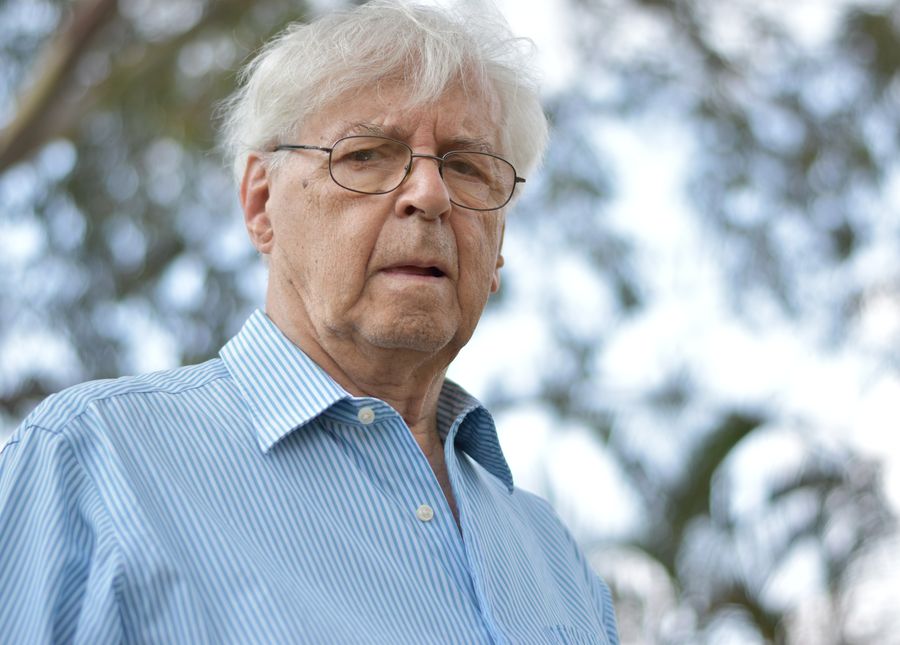Supporting Loved Ones Through the Dementia Journey
Caring for someone with dementia can be deeply emotional and overwhelming. Whether you're an older adult navigating your own diagnosis, a family member supporting a loved one, or a home carer seeking guidance, you're not alone. In Australia, nearly 1 in 3 people over 85 live with dementia, and many younger individuals are affected too.
At DailyCare, we’re here to help you understand dementia, explore aged care options, and find the right support for every stage of the journey.
What Is Dementia?
Dementia is a group of conditions caused by disorders affecting the brain. It leads to progressive cognitive decline, impacting memory, behaviour, and the ability to perform everyday tasks.
Common symptoms include:
• Confusion and disorientation
• Memory loss
• Changes in personality
• Difficulty with communication
• Withdrawal from social activities
Early diagnosis is crucial—it allows for better planning, access to treatment, and emotional support for both the individual and their family.
Planning Dementia Care: What to Expect
Step 1: Get a Diagnosis
Only a medical professional can diagnose dementia. If you notice signs in yourself or a loved one, consult a GP or specialist as soon as possible.
Step 2: Talk With Family
Discuss care needs, financial planning, and who will take on decision-making responsibilities. Consider legal arrangements such as Enduring Power of Attorney and Advance Care Directives.
Step 3: Explore Care Options
Depending on the level of support needed, dementia care may include:
• Home and community care
• Respite care for carers
• Residential aged care with dementia-specific services
DailyCare can help match you with providers offering compassionate, expert dementia care.
Navigating Aged Care Services
To access government-funded dementia care, you’ll need an assessment through My Aged Care. This helps determine eligibility and the level of support required.
You can also create a Care Summary on DailyCare to be matched with care options by searching all providers in your area.
Support for Home Carers
If you're caring for someone with dementia at home, ask yourself:
• Can I manage the physical and emotional demands?
• Do I have the time and financial resources?
• Is my home safe and suitable?
You may be eligible for carer payments through Centrelink and other support services.
Choosing a Dementia-Friendly Aged Care Home
When touring aged care facilities, look for:
• Specialised dementia care programs
• Friendly, qualified staff
• Clean, secure, and accessible environments
• Nutritious meals and engaging activities
DailyCare makes it easy to compare aged care homes across Australia by being able to search all in your area.
Helpful Dementia Resources
• Dementia Australia
• Dementia Behaviour Management Advisory Services
• National Dementia Helpline: 1800 100 500
This may help:
Dementia care doesn’t have to be confusing or isolating. With the right information and support, families can make empowered decisions that honour their loved one’s dignity and wellbeing.
- At any point while you’re waiting to be assessed you can search for the right care from all the government-assisted services as well as other private services available.
- Simply start a care summary, tell us what you’re looking for so that we can really understand the level of care you need and we’ll match you with a range of care options specific to dementia care in a matter of seconds.




